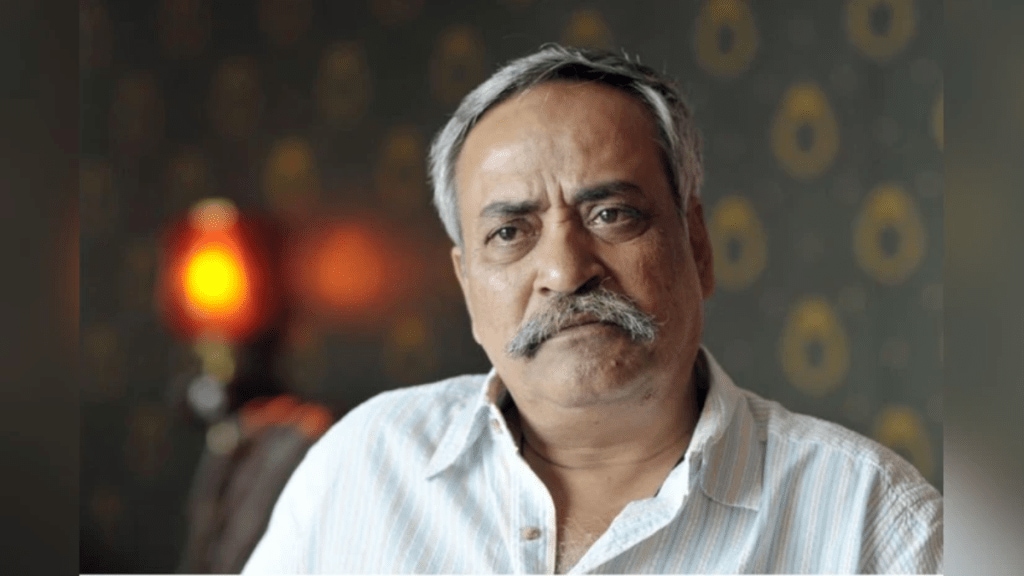Tributes poured in on Friday for Piyush Pandey, the Padma Shri awardee and advertising legend who died at the age of 70. Pandey, who spent over four decades at Ogilvy India and transformed the language of Indian advertising, was remembered by political leaders, industry captains, colleagues and artists as the man who gave the country’s brand communication its voice and its heart.
Prime Minister Narendra Modi remembered Pandey’s excellence in his field of work and said, “I will fondly cherish our interactions over the years,” via a post on X (formerly Twitter)
Finance Minister Nirmala Sitharaman called him a “titan and legend of Indian advertising” who transformed communication by bringing everyday idioms, earthy humour and genuine warmth into it.”
Industrialist Gautam Adani described Pandey as “far more than just an advertising legend,” adding that he was “the voice that made India believe in its own story.” “He gave Indian advertising its self-confidence, its soul, its swadeshi swagger,” Adani wrote on X.
Uday Kotak, founder of Kotak Mahindra Bank, recalled Pandey’s pivotal role in shaping Kotak’s 2003 launch campaign that presented banking as “common sense.” “He weaved creativity with an Indian context,” Kotak wrote. “An amazing out-of-the-box thinker and a humble person. Will miss him.”
Commerce and Industry Minister Piyush Goyal said he was “at a loss for words” at Pandey’s passing. Calling him “a phenomenon in the world of advertising,” Goyal said Pandey’s creative genius “redefined storytelling, giving us unforgettable and timeless narratives.”
Biocon founder Kiran Majumdar-Shaw said, “Piyush Pandey was the doyen of advertising, and he has left a gigantic void which can never be filled.”
The tributes cut across industries and generations. Cricketer and commentator Harsha Bhogle, who had long admired Pandey’s approach to language, said, “If you want to leave a mark in your profession, to Piyush Pandey bano. Advertising ka gold mohur.” His bilingual post reflected the same cultural blend Pandey championed throughout his career.
Former CEO of Niti Aayog Amitabh Kant recalled Pandey as “He was the best storyteller one could ever meet.” He further recalled how Pandey had a golden and generous heart.
Business leader Anand Mahindra remembered Pandey not only for his work but for his warmth: “What I will remember most is not the campaigns he crafted or the brands he built, but his hearty laugh and irrepressible zest for life.”
Actor and Union Minister Smriti Irani described him as “one of India’s finest storytellers” who “taught us that emotion is the truest language of creativity.”
Filmmaker Hansal Mehta summed up the industry’s collective sense of loss with a line referencing Pandey’s iconic Fevicol ad: “Fevicol ka jod toot gaya. The ad world lost its glue today.”
Ogilvy, the agency Pandey led for decades, announced his death in an internal note, saying he had been “battling an infection that took a serious turn.” The agency described him as “a true Ogilvy giant” and “the incredible force who led to Ogilvy’s, and in many ways, Indian advertising’s creative revolution.”
Over his four-decade career, Pandey’s work for brands like Fevicol, Cadbury, Asian Paints, and Ponds helped define India’s advertising identity. Beyond the awards and slogans, those paying tribute agreed that his greatest legacy lay in how he made brands—and the country—speak in their own voice. As tributes continue to pour in, the industry he shaped is mourning not just its most famous creative mind, but the man who made Indian advertising feel like home.

